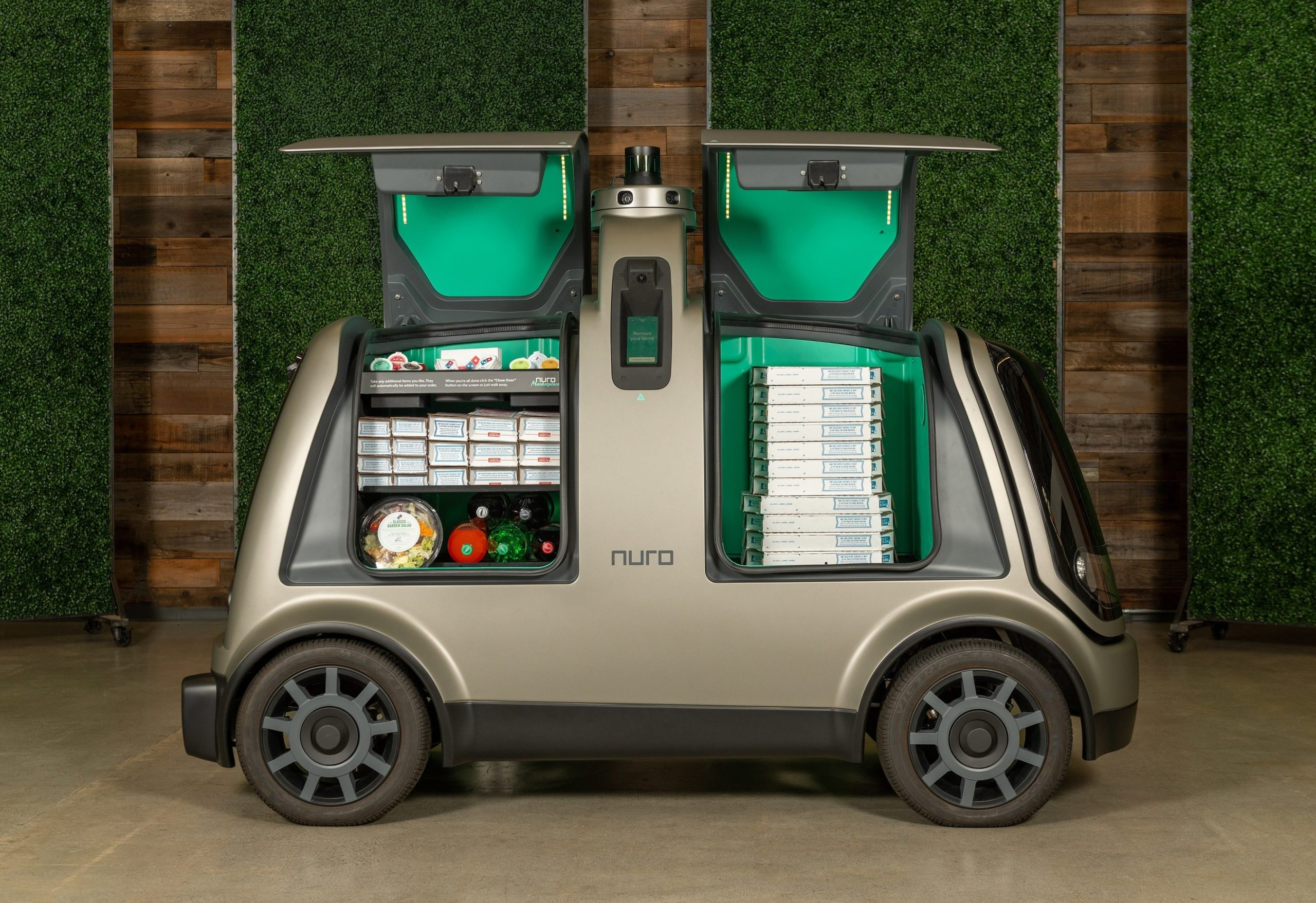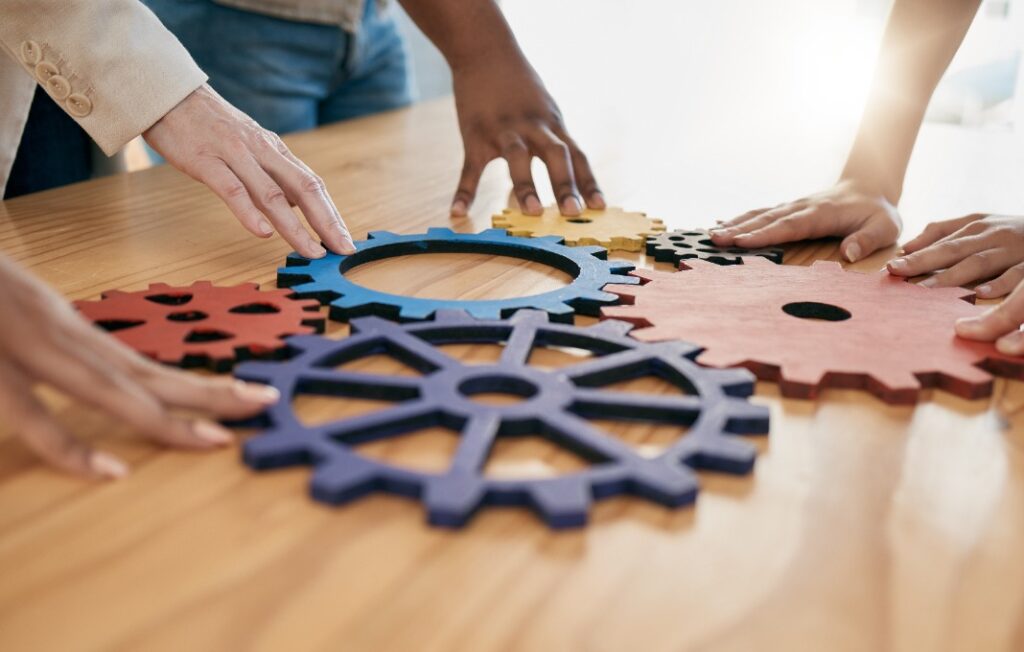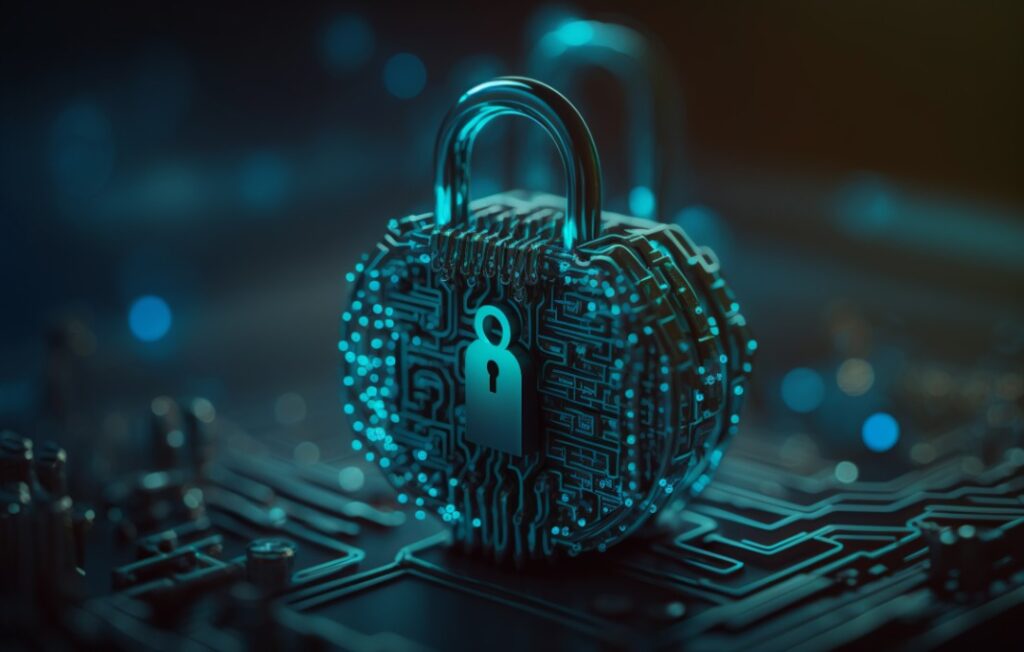Domino’s is a prime example of a non-technology company leveraging technology to rise to the top of its industry. So when its Chief Innovation Officer indicates the pizza-making giant is embarking on a crucial new phase of its technology story, the pizza-making industry needs to pay attention.

That’s what Dennis Maloney is saying these days about the new test by the Ann Arbor, Michigan-based company with Nuro, an autonomous-vehicle startup headquartered in Silicon Valley. Customers now can place a prepaid order on the Domino’s website on certain days and times and have Nuro’s R2 robot deliver it from the store in Houston’s Woodland Heights neighborhood.
The R2, Domino’s says, is the first completely autonomous, no-occupant, on-road delivery vehicle with regulatory approval by the U.S. Transportation Department.
“This is the technology we see on the horizon,” Maloney, Senior Vice President and Chief Innovation Officer for Domino’s, told StrategicCIO360. “The question of whether autonomous vehicles are coming has been answered. How it affects the delivery industry is something we need to understand. We’re a big delivery business, and we need to understand how the technology will disrupt that.
“We want to be on the leading edge of the process. There is a ton to learn. Where it ends up probably is not going to be where we thought. But it’s going to disrupt the industry.”
Domino’s, of course, is used to disruption in the pizza business—but usually it has been the disrupter. Its trailblazing began decades ago with the company’s original half-hour pizza guarantee. That franchise-defining promise was blunted over the years by concerns about Domino’s drivers proceeding recklessly just to beat the guarantee.
But 10 years ago, Domino’s was at it again. Under former CEO Patrick Doyle, Domino’s began a transformation around digital ordering technology that overturned the industry and helped the company race past Pizza Hut to the position of America’s No. 1 pizza maker, which it still holds. Domino’s focused on making its ordering and delivery process ever easier online and in practically every internet-enabled channel known to man, ranging from Ford Sync to mobile apps.
Then, a few years ago, Domino’s sought to get ahead of the possibilities in autonomous delivery by experimenting with Ford to produce a customized Ford Fusion that drove autonomously with a human safety operator on board. But while last year the pandemic boosted Domino’s delivery business, it idled the company’s experimentation with autonomous drop-offs for a while.
In 2019, Domino’s began working with Nuro, a startup launched by two former Google engineers. The two companies began testing a robot with chase vehicles in Houston. Covid “stopped everything,” Maloney said. But now, Domino’s and Nuro have fired up their testing again with some extra incentives for their partnership to make material progress.
For one thing, the pandemic-related boom in pizza delivery makes any kind of efficiencies more important. And second, Maloney noted, “Right off this is a massive help for this store to make sure we’ve got enough delivery drivers for every delivery order.”
Initial testing pre-Covid focused on “trying to figure out how to do all the connection points” involved with a robot-delivered order, he said. The new testing, in a defined area around the store in a mixed commercial and residential neighborhood, is “designed to reach the point of true autonomy without a bunch of controls in place. We will be able to get a much better feel for the true consumer experience and also the impact on store operations. How do team members and customers work with robots?”
Maloney said the consumer experience of a Nuro robot—with its insulated holding compartment—pulling up to the door is “great. The robot is very efficient. It’s a very fun experience. The consumer can interact and take the food out of it and feel very much like they’re in control.”
There’s no set timetable for how quickly the two companies will evaluate their testing or expand the service. “We are in this to learn,” Maloney said. “We want to create a great consumer experience and then quickly expand from there.”









